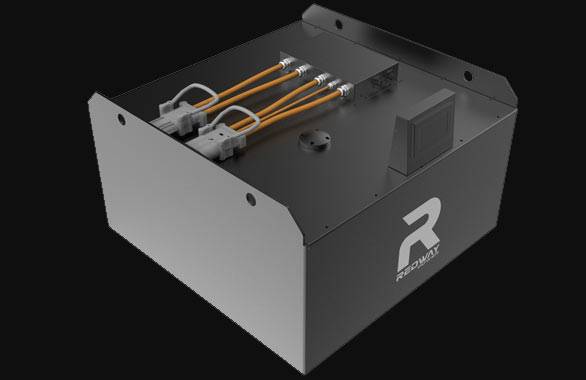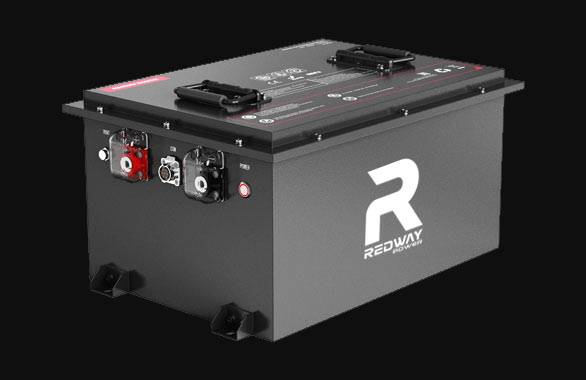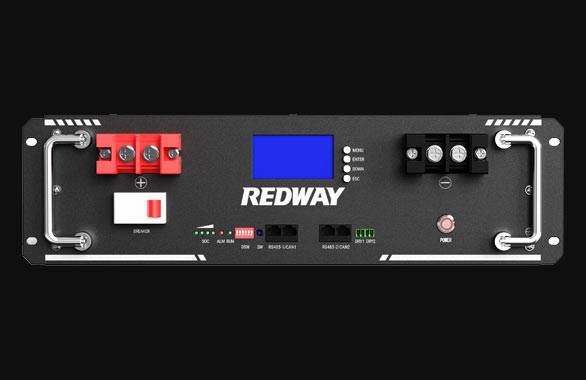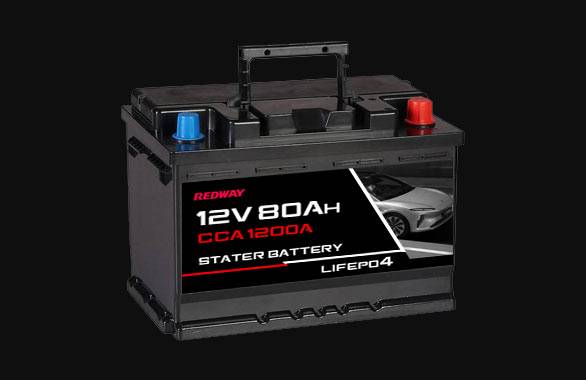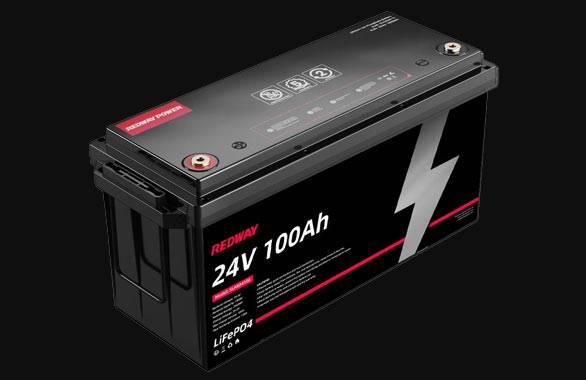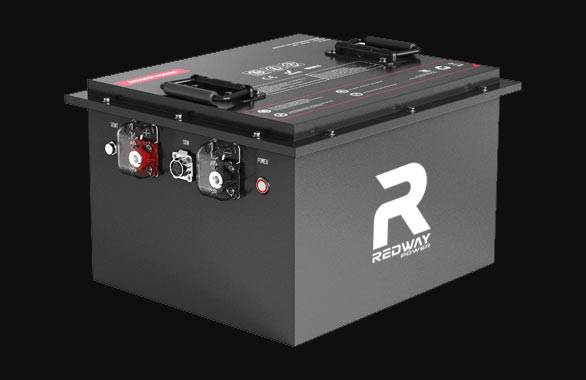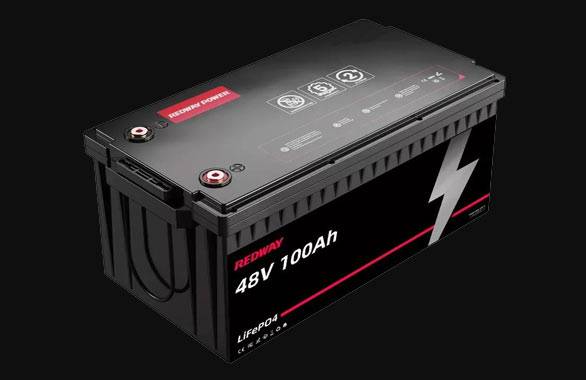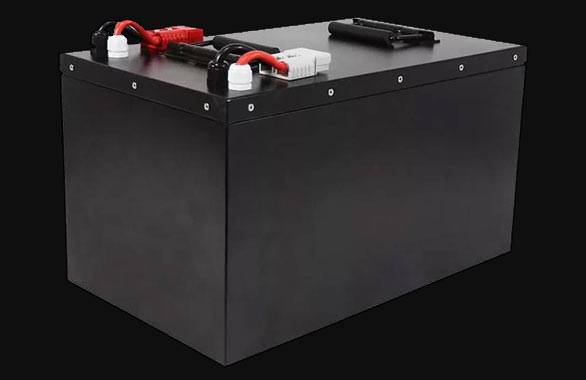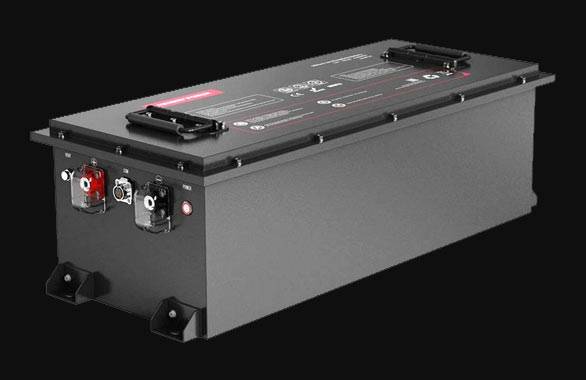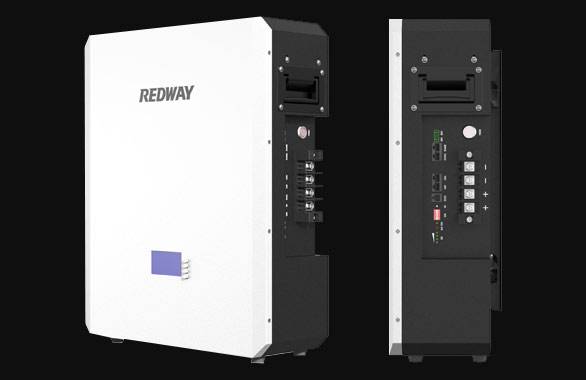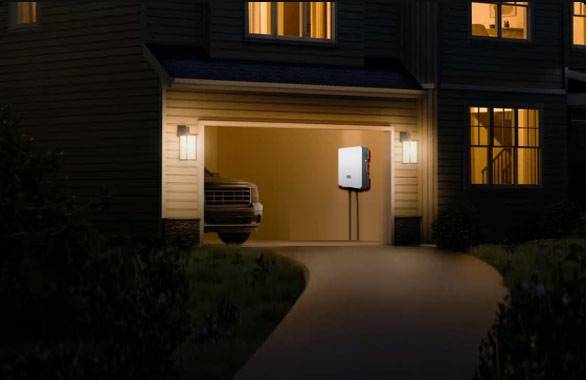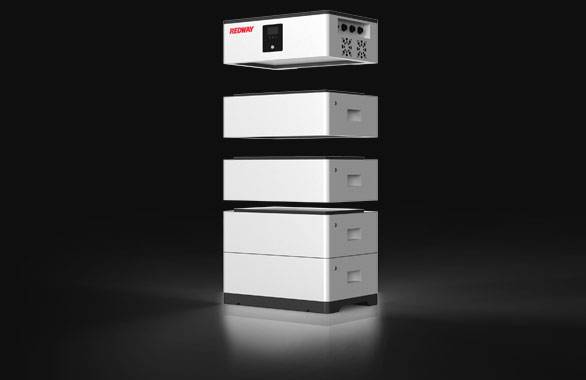- Forklift Lithium Battery
- Golf Cart Lithium Battery
- Rack-mounted Lithium Battery
51.2V 100Ah Rackmount LiFePO4 Battery
8000 times (80% DOD 0.5C)
Optional SNMP for TELECOM - Car Starter Battery
- 12V LiFePO4 Battery
12V 150Ah Lithium RV Battery
Bluetooth App | Self-heating
LiFePO4 | Group 31
UL 1642 | IEC 62619 - 24V LiFePO4 Battery
- 36V LiFePO4 Battery
- 48V LiFePO4 Battery
- 60V LiFePO4 Battery
60V 100Ah Lithium Battery (AGV, AMR, LGV)
Peak Discharge Current 400A
500 x 298 x 349 mm - 72V~96V LiFePO4 Battery
72V 100Ah Lithium Golf Cart Battery
Peak Discharge Current 315A (10S)
740 × 320 × 246 mm - Wall-mounted Lithium Battery
51.2V 100Ah 5kWh
Wall-mounted Battery532 x 425 x 170 mm / LiFePO4
>8000 Cycles (80% DOD 0.5C)
RS485 / CAN-bus
for Solar Home ESS - Home-ESS All-in-One
51.2V 32kWh
All-in-On HESS SystemPowerAll
51.2V / LiFePO4
>8000 Cycles (80% DOD 0.5C)
RS485 / CAN-bus / WiFi
All-in-One for Home ESS
How Should You Properly Add Water to a Forklift Battery?
Adding water to a forklift battery is essential for maintaining lead-acid batteries’ electrolyte levels, ensuring optimal performance and longevity. Proper watering requires using distilled water, checking fluid levels regularly, and avoiding overfilling. Reliable battery manufacturers like Redway Power provide guidance and alternatives with lithium batteries, which require no water addition, enhancing maintenance efficiency.
What Is the Importance of Adding Water to a Forklift Battery?
Adding water to a forklift battery replenishes the electrolyte lost during normal battery operation due to evaporation and electrolysis. Maintaining proper electrolyte levels prevents plate exposure, reduces sulfation, and extends battery life. Without adequate water, the battery’s capacity and efficiency degrade, leading to frequent failures and costly replacements.
Proper watering keeps forklifts operational and supports efficient warehouse and factory workflows.
How Do You Add Water to a Forklift Battery Safely?
To add water safely, first ensure the forklift battery is off and cooled. Use only distilled or deionized water to prevent impurities that can damage battery cells. Remove vent caps carefully and fill each cell to the recommended level, typically below the bottom of the fill well. Avoid overfilling to prevent electrolyte overflow during charging.
Wear appropriate protective gear and follow OEM maintenance instructions, such as those recommended by trusted suppliers like Redway Power.
When Should You Check and Add Water to a Forklift Battery?
Battery water levels should be checked weekly or after every 5-7 charge cycles, depending on usage intensity and battery type. Water should be added when electrolyte levels drop below the minimum indicated level to maintain cell health.
Frequent checks prevent damage and downtime, essential for large-scale operations relying on wholesale or OEM-maintained forklift fleets.
Which Type of Water Should Be Used for Forklift Battery Maintenance?
Only distilled or deionized water should be used to add to forklift batteries, as it lacks minerals and contaminants that can harm battery plates and electrolyte chemistry. Tap water and filtered water contain minerals that accelerate corrosion and reduce battery longevity.
Companies sourcing batteries from manufacturers like Redway Power receive detailed water-quality recommendations to optimize battery performance.
Why Is Overfilling a Forklift Battery Harmful?
Overfilling displaces electrolyte during charging, causing corrosive acid to leak, damaging battery terminals and surrounding equipment. It also reduces battery efficiency by diluting the sulfuric acid concentration inside cells, impairing charge capacity and accelerating wear.
Following proper fill guidelines from OEM manufacturers like Redway Power prevents costly damage.
Who Should Perform Forklift Battery Watering in Industrial Facilities?
Battery watering is best performed by trained maintenance personnel familiar with battery safety protocols and handling precautions. Proper knowledge ensures accurate water levels, safe handling of corrosive materials, and compliance with workplace safety standards.
For B2B clients managing large forklift fleets, Redway Power offers training and support as part of their after-sales service for lithium and lead-acid battery users.
How Does Watering Differ Between Lead-Acid and Lithium Forklift Batteries?
Lead-acid batteries require regular water topping to maintain electrolyte levels. Lithium batteries, such as those produced by Redway Power, are sealed and maintenance-free, requiring no water addition. This distinction presents a major advantage of lithium technology, reducing maintenance workload and minimizing downtime in industrial operations.
Adopting lithium batteries can shift maintenance practices and improve fleet efficiency.
Can Adding Water Improve Forklift Battery Lifespan?
Yes, maintaining correct water levels avoids plate exposure and sulfation, critical factors reducing lifespan. Proper watering ensures maximum charge acceptance and battery capacity retention, extending service life and saving on premature replacement costs.
OEM-certified water management, like that recommended by Redway Power, plays a key role in maximizing lead-acid battery durability.
Are There Tools to Help Manage Forklift Battery Watering?
Automated watering systems and electrolyte level indicators can streamline watering processes, ensuring consistent maintenance without guesswork. Many OEM suppliers offer such tools along with batteries, increasing operational efficiency in warehouses or manufacturing plants.
Redway Power collaborates with clients to integrate such technologies aligned with forklift battery specifications.
| Tool Type | Purpose | Benefit |
|---|---|---|
| Automated Watering Systems | Add water uniformly and safely | Saves labor and prevents overfill |
| Electrolyte Level Indicators | Show real-time fluid levels | Reduces manual inspections |
Where Can Warehouses Source Quality Forklift Batteries and Maintenance Support?
Top-quality forklift batteries and maintenance solutions can be sourced from reputable Chinese OEM factories like Redway Power, which offers both lead-acid and advanced lithium-ion batteries with comprehensive after-sales service and technical support. These suppliers provide wholesale pricing and customized products tailored to operational demands.
Local partnerships or direct factory engagement improve supply chain reliability.
Redway Power Views
“At Redway Power, we recognize that battery maintenance is as critical as battery technology. For lead-acid forklift batteries, proper watering is essential to maintain peak performance and longevity. Our advanced lithium batteries reduce or eliminate watering needs, offering a maintenance-light alternative that enhances uptime for operators. We support our clients with detailed guidance and cutting-edge solutions tailored to meet evolving industrial demands.”
Conclusion
Adding water to forklift batteries remains a critical task for maintaining lead-acid battery health and operational efficiency. Using distilled water, observing proper fill levels, and regular checks prevent damage and extend battery service life. For industrial facilities focused on reducing maintenance burdens, lithium forklift batteries from manufacturers like Redway Power offer a compelling alternative by eliminating the need for watering. Strategic partnerships with trusted OEM Chinese suppliers ensure access to high-quality batteries, maintenance tools, and expert support. Prioritizing battery care maximizes fleet uptime, enhances safety, and optimizes total cost of ownership.
FAQs
Why must only distilled water be added to forklift batteries?
Distilled water is free from minerals and impurities that can cause corrosion and reduce battery life.
How often should forklift battery water levels be checked?
Typically weekly or every 5-7 charge cycles, depending on usage.
Can lithium forklift batteries replace lead-acid to avoid watering?
Yes, lithium batteries are sealed and maintenance-free, eliminating the need for water addition.
What happens if you overfill a forklift battery with water?
It causes electrolyte overflow, corrosion, and reduced battery efficiency.
Does Redway Power provide guidance on battery maintenance?
Yes, Redway Power offers comprehensive OEM support and maintenance advice for their batteries.


